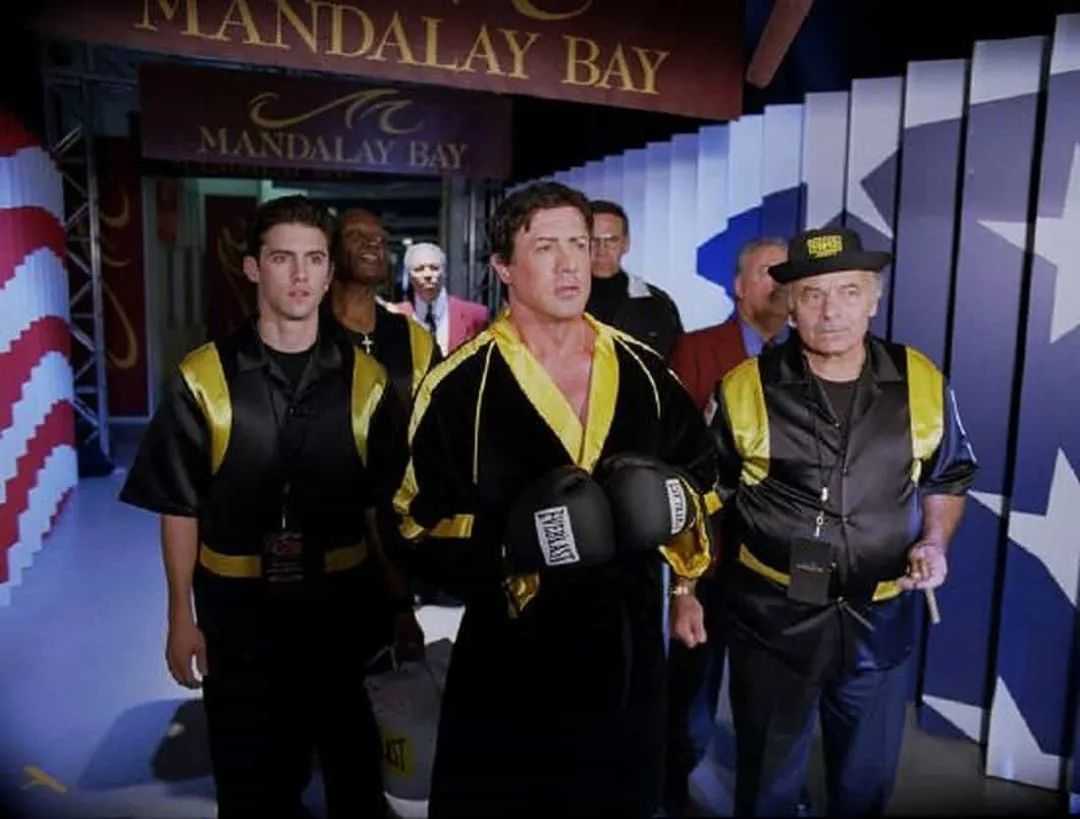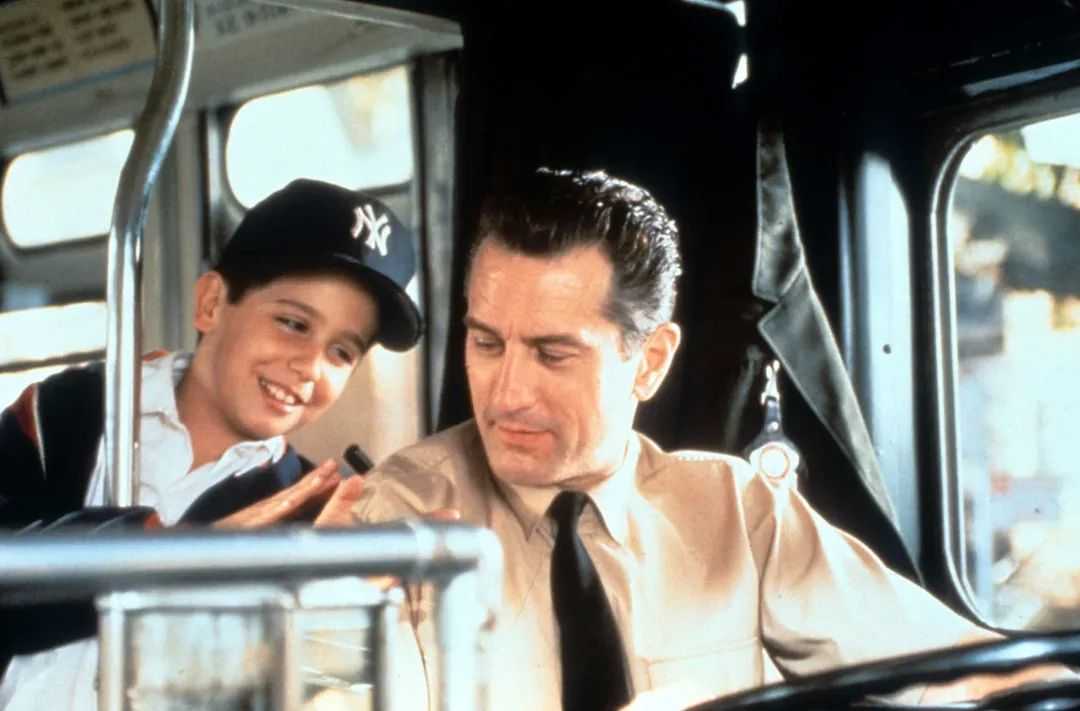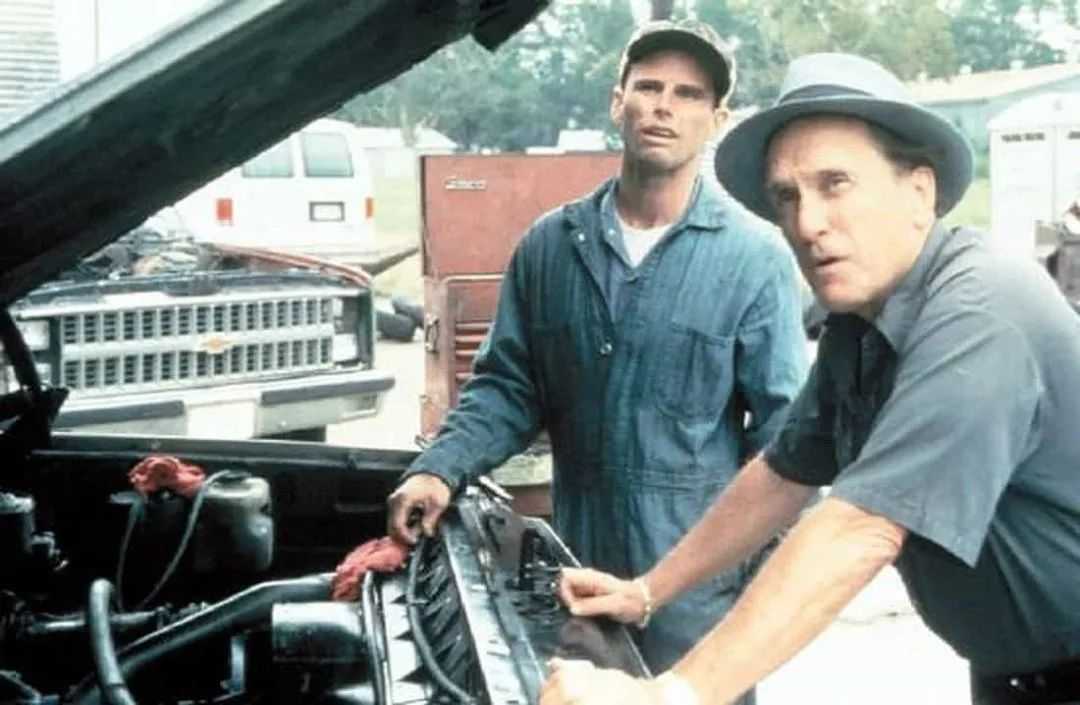Sylvester Stallone, the iconic figure synonymous with the Rocky franchise, embarked on a journey of self - redemption in 2006 with Rocky Balboa, a film he both wrote, directed, and starred in. After years away from the character that made him a household name, Stallone decided to revisit the world of Rocky, breathing new life into the beloved boxer.
In Rocky Balboa, Stallone presents a middle - aged Rocky facing a mid - life crisis. Having lost his wife Adrian and with his boxing glory days long past, Rocky finds himself at a crossroads. When a computer - simulated fight suggests he could still hold his own against the current heavyweight champion, Mason "The Line" Dixon, Rocky sees an opportunity for one last shot at the limelight. This narrative not only tugs at the heartstrings of fans who grew up with the Rocky series but also serves as a poignant exploration of aging, loss, and the enduring spirit of a fighter.
What sets Rocky Balboa apart is Stallone's intimate understanding of the character. Having created and portrayed Rocky for decades, he knows the boxer's soul like no one else. Through his direction and performance, Stallone delivers a film that is both a nostalgic homage to the original Rocky movies and a fresh, emotional story. The movie resonated deeply with audiences, proving that even after all these years, Rocky's story still had the power to inspire and move people around the world.




